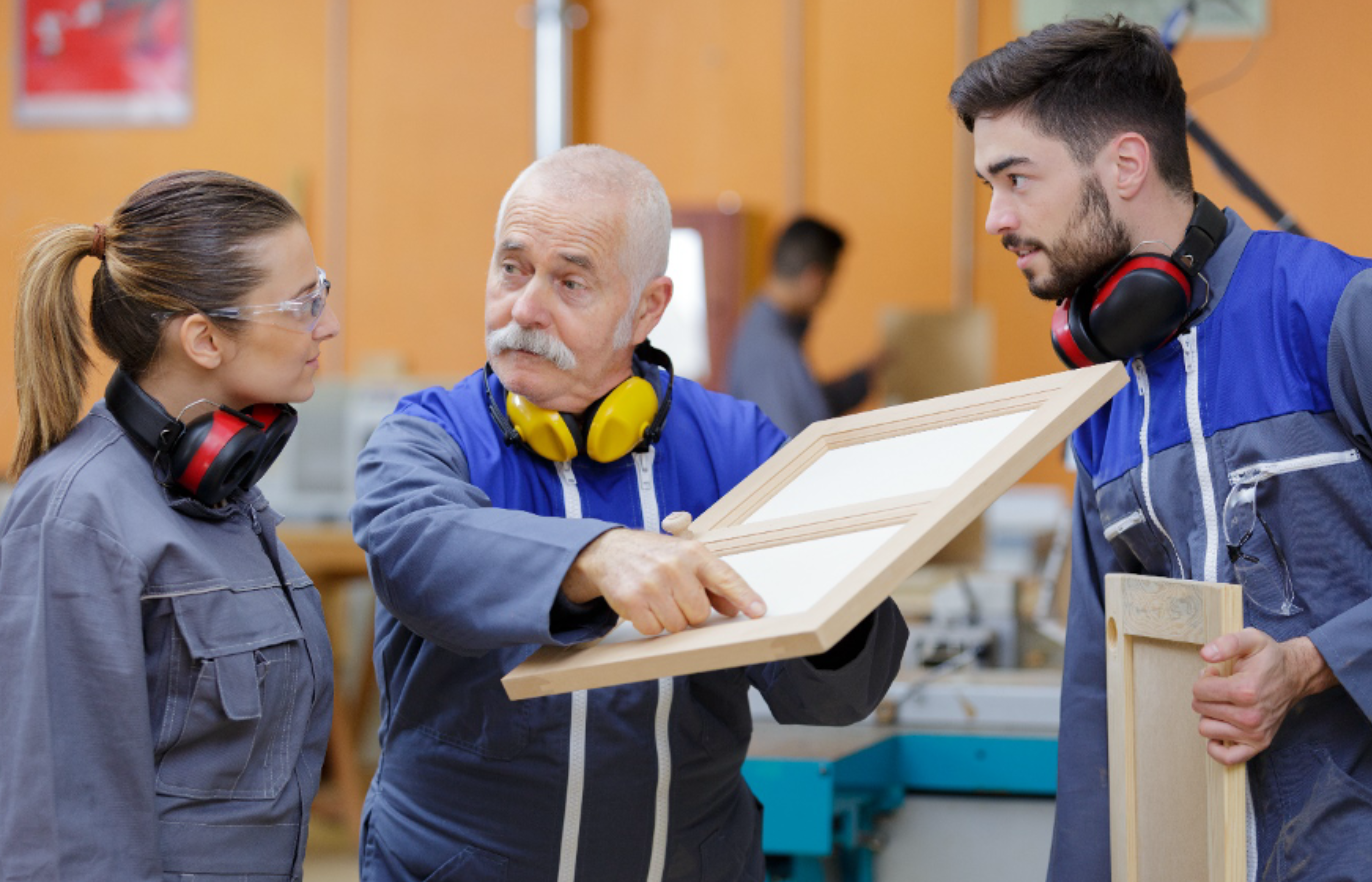ARTICLE
What is a Workplace / Work-based Assessor?
Workplace Assessors use their trade knowledge to monitor and ensure apprentices are being taught valuable skills that translate to their work in industry. As an Assessor, you’ll stay involved in worksites while ensuring the next generation is receiving a quality education.
May 22, 2024

What is a Workplace / Work-based Assessor?
Workplace Assessors use their trade knowledge to monitor and ensure apprentices are being taught valuable skills that translate to their work in industry. As an Assessor, you’ll stay involved in worksites while ensuring the next generation is receiving a quality education.
Responsibilities can include:
• Observing and assessing roughly 40 apprentices in their workplace, with room for more or fewer depending on your workload.• Inspire both students and educators with constructive feedback.
• Help apprentices develop and upload their online portfolio.
• Ensure skills the Lecturer/Instructor taught are being applied in the learner’s practical work.
• Signing off awards when all requirements have been met.
• Keep records of your students’ progress.
Benefits of becoming an assessor:
The main benefit of being an assessor is the flexibility that comes with the role’s independence. Some Assessors work on a part-time basis alongside their existing job or take temporary contracts when you have the capacity. There are also openings for full-time assessing roles. Inspire and educate apprentices whilst staying close to the industry you love.What do I need to become an Assessor?
The attributes required can vary, but generally speaking, you will need:• At least two years of experience in the industry you will be assessing.
• An industry qualification equivalent to (ideally higher than) the qualifications you’ll be assessing.
• GCSE or equivalent in Maths and English.
• Previous work in an educational setting would be an advantage, however, it’s not essential.
How do I become an Assessor?
You can apply for an Assessor position with an education provider on industry experience and qualifications alone. Your employer will provide you with the necessary training and qualifications to become a fully-fledged Workplace Assessor.However, you can achieve these qualifications prior to employment. For example, the Certificate in Assessing Vocational Achievement (CAVA) is a nationally-recognised level 3 qualification.
Alternatively, the Training, Assessing and Quality Assurance (TAQA) is a collection of various assessor and quality assurance qualifications.
Many colleges still accept D32/33 or A1 qualifications.
Ready to become an Assessor?
The assessor's role can offer independence, a mix of worksites, and the chance to make a difference in students’ lives. If this is what you’re looking for and are ready to explore your options, speak to our consultant today! Call us on 01179 296 200.


